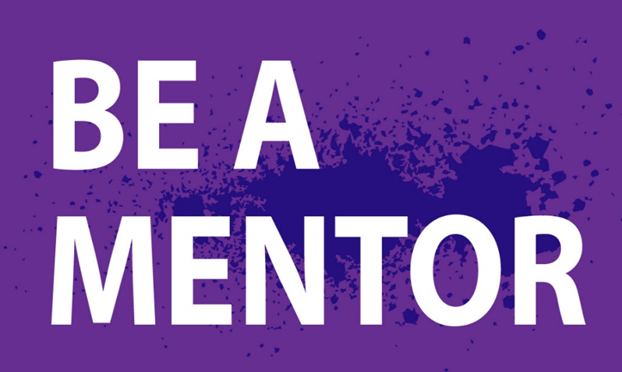Be A Mentor
What is a Mentor?
My definition of a mentor is anyone who uses their personal experience
to help someone else grow and develop as a person.
Note: I refer to “personal” development here because in the
end, mentoring is about people. However, it can be personal or professional. If
you ask any successful person, what is one key to your success, they will
probably say they had great mentors. I know I did.
I spent 30 years in the Air Force and mentoring was a way of
life for us. From the time I was a new basic trainee until I retired as a Chief
Master Sergeant, (CMSgt), I had many amazing people mentoring me the entire
time. No matter how big or small, they all had a hand in my development and for
that, I’m forever thankful.
What a mentor does.
“A
mentor is someone who sees more talent and ability within you than you see in
yourself and helps bring it out of you.” — Bob Proctor
A mentor gives their time to help others.
A mentor uses their experience and knowledge to
guide and help you grow as a person.
A mentor has the courage to step in and say,
you’re doing that wrong, let me show you a better way or you’re doing that
okay, but let me show you a better way.
A mentor provides motivation and inspiration by encouraging
the mentored to be better.
A mentor listens and offers advice (remember,
constructive criticism is a good thing) when needed. Sometimes, people just
need someone to talk to.
A mentor must provide feedback that is clear, constructive,
and honest.
A mentor acknowledges and praises good behavior
and choices.
What a mentor doesn’t
do.
A mentor is not a
coach. Coaches teach a set of skills and behaviors. Mentors
use personal experiences to help you change and grow.
A mentor is not
there to run your life or do your job. They are only there to offer advice
gained from their own personal experiences.
A mentor does
not force someone to use the advice they offer.
A mentor
doesn’t come across as harsh or criticize. Don’t treat the person as an idiot.
A mentor
cannot be afraid to tell someone they are doing something wrong.
How can being
a mentor help you.
Help you
develop as a leader.
Improve your
communication ability.
Often, a
mentor learns as much as they teach.
Increased self-confidence.
Making new
friends.
The
satisfaction you get from helping others.
Misconceptions
about mentoring.
You must be old to be a mentor.
Anyone of any age can be a mentor.
Only young people require
mentoring. Wrong, people can need mentoring at any age. I’m 69 and with so many changes in technology,
I welcome and rely on younger folks mentoring.
A mentor must be an expert. Many
times, mentors will not be an expert.
Mentoring is
one way. Mentoring is not a one-way street. Most of the time a person who
benefits from mentoring, will become a mentor themselves.
A
mentor should be the same as the mentored. While that’s nice, the best learning often happens when you're exposed to
different ways of thinking.
Mentoring is easy. Mentoring is hard and takes time and energy.
Conclusion:
While, clearly
the one being mentored benefits the most, there are many advantages to being a
mentor. Serving as a mentor can give you fulfillment as well
as strengthening your skills and expertise. This is your chance to pass on your
experience and make a difference. Think back on the people who influenced you and
look for ways to pay them back, while helping others. It will be worth it, and you won’t be sorry.











Leave a Comment